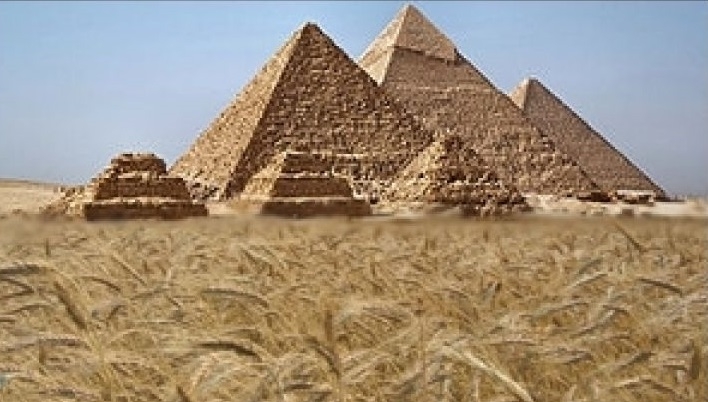Egypt plans to reform the food subsidy system, which could reduce the state's wheat imports

Egypt plans to change its food subsidy system and switch to direct subsidies instead of subsidized supplies, as this will be more efficient, according to economists.
For several decades, the country's authorities provided a significant part of the population with bread instead of other products at subsidized prices, and previous attempts to reform this program led to protests.
In 2023, Egypt imported 11 million tons of wheat, half of which was purchased by the state. Private importers in the previous season increased their share in wheat purchases from 45% to 55%. The country spends 36% of the budget or 370 billion pounds ($7.6 billion) on subsidies.
For several months now, the president and government of Egypt have been criticizing the current system of subsidies and claiming that it does not protect the most vulnerable sections of the population, but burdens the budget.
The International Monetary Fund, which provided Egypt with a $8 billion loan as part of the support program, says that reducing non-targeted subsidies will increase opportunities for social protection and population development.
In 2022, the President of Egypt announced the holding of a National Dialogue as a way of conducting political debates and working out recommendations within the framework of state restrictions. The government is currently using it to publicize expert-backed proposals to cut subsidies. Thus, on September 29, the National Dialogue published a statement explaining the potential benefits of switching to direct cash subsidies.
Nearly 60 percent of Egyptians live at or near the poverty line, and most are heavily dependent on subsidies as prices have skyrocketed and the national currency has depreciated. Economists believe that cash subsidies could help those who need them, but only if there are clear criteria for distribution and inflation is taken into account.


